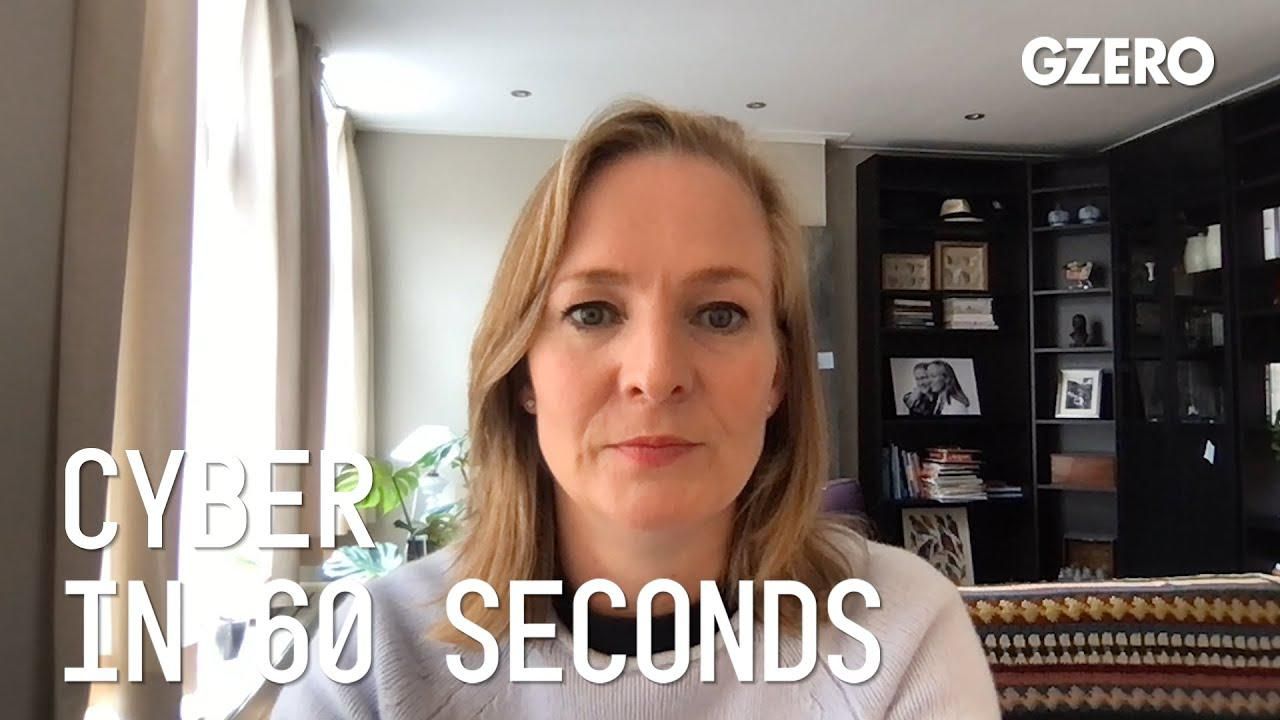Cyber in 60 Seconds
QR codes and the risk to your personal data

QR Codes and the Risk to Your Personal Data | Cyber In :60 | GZERO Media

Marietje Schaake, International Policy Director at Stanford's Cyber Policy Center, Eurasia Group senior advisor and former MEP, discusses trends in big tech, privacy protection and cyberspace:
QR codes are everywhere. Are they also tracking my personal data?
Well, a QR code is like a complex barcode that may be on a printed ad or product package for you to scan and access more information. For example, to look at a menu without health risk or for two-factor verification of a bank payment. And now also as an integral part of covid and vaccine registration. QR codes can lead to tracking metadata or personal data. And when your phone scans and takes you to a website, certainly the tracking starts there. Now, one big trap is that people may not distinguish one kind of use of QR codes from another and that they cannot be aware of the risks of sharing their data.
Is smart phone tracking avoidable?
Well, in theory yes, but in practice it's difficult. Recently, a Catholic newsletter called The Pillar used cell phone metadata to out a priest as gay for having used the app Grindr online. And without data protection safeguards, people can be tracked and traced in ways that they are not aware of, but that do certainly infringe upon their rights and civil liberties.
Tune in on Saturday, February 14th at 12pm ET/6pm CET for the live premiere of our Global Stage from the 2026 Munich Security Conference, where our panel of experts takes aim at the latest global security challenges.
Microsoft unveiled a new set of commitments guiding its community‑first approach to AI infrastructure development. The strategy focuses on energy affordability, water efficiency, job creation, local investment, and AI‑driven skilling. As demand for digital infrastructure accelerates, the company is pushing a new model for responsible datacenter growth — one built on sustainability, economic mobility, and long‑term partnership with the communities that host it. The move signals how AI infrastructure is reshaping local economies and what people expect from the tech shaping their future. Read the full blog here.
The Israeli government unilaterally passed measures that allow Jewish settlers to purchase land in the West Bank, overriding past laws that effectively banned the sale of property there to anyone other than Palestinian residents.